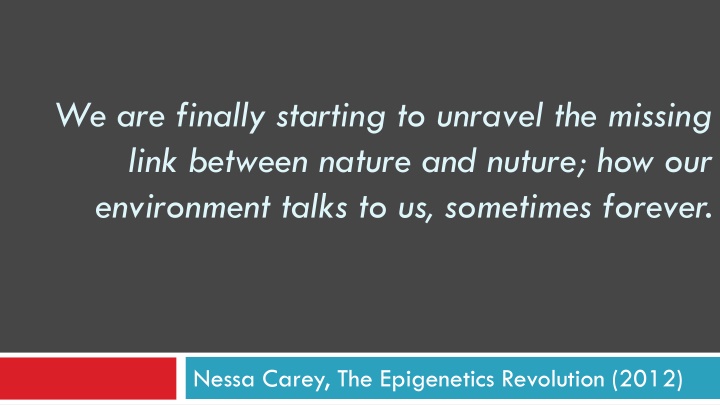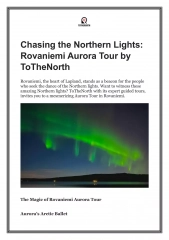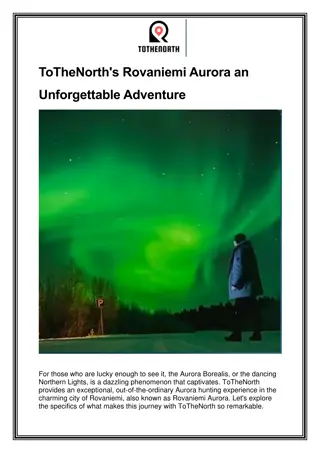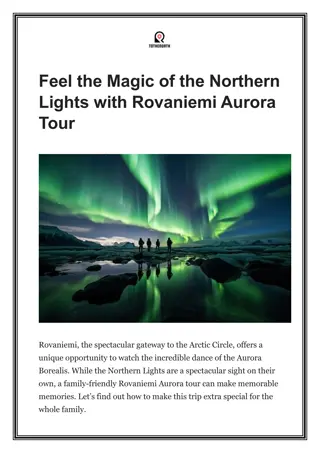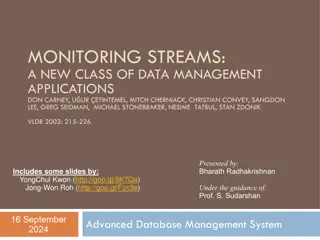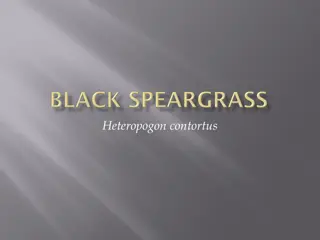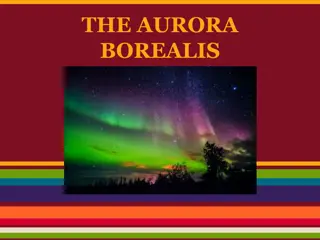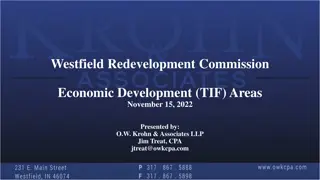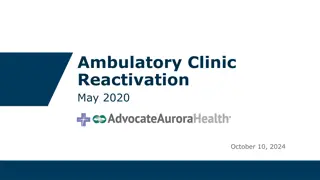Aurora Borealis: A Mesmerizing Natural Phenomenon
Aurora Borealis, also known as the Northern Lights, is a captivating display of light in the sky caused by interactions between solar winds and the Earth's magnetic field. This stunning phenomenon occurs in the ionosphere, specifically in the thermosphere, creating colorful displays of green, red, and blue lights. Discover the science behind this awe-inspiring natural spectacle and how it illuminates the night sky with its enchanting glow.
Download Presentation

Please find below an Image/Link to download the presentation.
The content on the website is provided AS IS for your information and personal use only. It may not be sold, licensed, or shared on other websites without obtaining consent from the author.If you encounter any issues during the download, it is possible that the publisher has removed the file from their server.
You are allowed to download the files provided on this website for personal or commercial use, subject to the condition that they are used lawfully. All files are the property of their respective owners.
The content on the website is provided AS IS for your information and personal use only. It may not be sold, licensed, or shared on other websites without obtaining consent from the author.
E N D
Presentation Transcript
We are finally starting to unravel the missing link between nature and nuture; how our environment talks to us, sometimes forever. Nessa Carey, The Epigenetics Revolution (2012)
The epigenetics revolution is underway. Nessa Carey, The Epigenetics Revolution (2012)
What we are now learning is that our genes are part of a larger flexible network. This is contrary to what we ve been told about our genetic selves. Our genes aren t fixed and rigid as most of us have been led to believe. Sharon Moalem, Inheritance (2014)
Today no one doubts that epigenetic effects play a crucial role in development, aging and even cancer. Michael Skinner, A New Kind of Inheritance (2014)
In the 21stcentury it is the new scientific discipline of epigenetics that is unraveling so much of what we took as dogma and rebuilding it in an infinitely more varied, more complex, and even more beautiful fashion. Nessa Carey, The Epigenetics Revolution (2012)
.for some very specific situations Lamarckian inheritance is taking place. Nessa Carey, The Epigenetics Revolution (2012)
Understanding epigenetics and epigenomics will be essential in work related to many other topics requiring a thorough understanding of all aspects of genetics, such as stem cells, cloning, aging, synthetic biology, species conservation, evolution, and agriculture. Bob Weinhold, Epigenetics: The Science of Change (2006)
The thing Mendel couldnt see in his peas- and that generations of geneticists continued to miss after his death- is that it s not only what our genes give to us that s important but also what we give to our genes [ ] nurture can and does trump nature. Sharon Moalem, Inheritance (2014)
Now it appears that our diets and lifestyles can change the expression of our genes. How? By influencing a network of chemical switches within our cells collectively known as the epigenome. NOVA s Ghost in Your Genes (2006)
Epigenetic effects occur not just in the womb, but over the full course of a human life span. Bob Weinhold, Epigenetics: The Science of Change (2006)
The most important effect of epigenetic marks maybe their reason for existing might be to wildly expand the number of variant individuals in a population. Michael Skinner, A New Kind of Inheritance (2014)
The evidence linking epigenetic processes with cancer is becoming extremely compelling...[they] account for one-third to one-half of known genetic alterations [in cancer]. Bob Weinhold, Epigenetics: The Science of Change (2006)
I am biased, but the tip of the iceberg is genomics and single-nucleotide polymorphisms. The bottom of the iceberg is epigenetics. Randy Jirtle to Bob Weinhold (2006)
And theres much more potential for the epigenome to be affected [in cancer, atherosclerosis, Alzheimer s disease] than the genome itself. It s just more fluid and more easy to be the culprit. Jean-Pierre Issa to Ken Garber (2006)
But nurture matters too. Many of the contingencies of life- what we eat, what pollutants are in our environment, how often we are stressed affect how the genes operate. Michael Skinner, A New Kind of Inheritance (2014)
